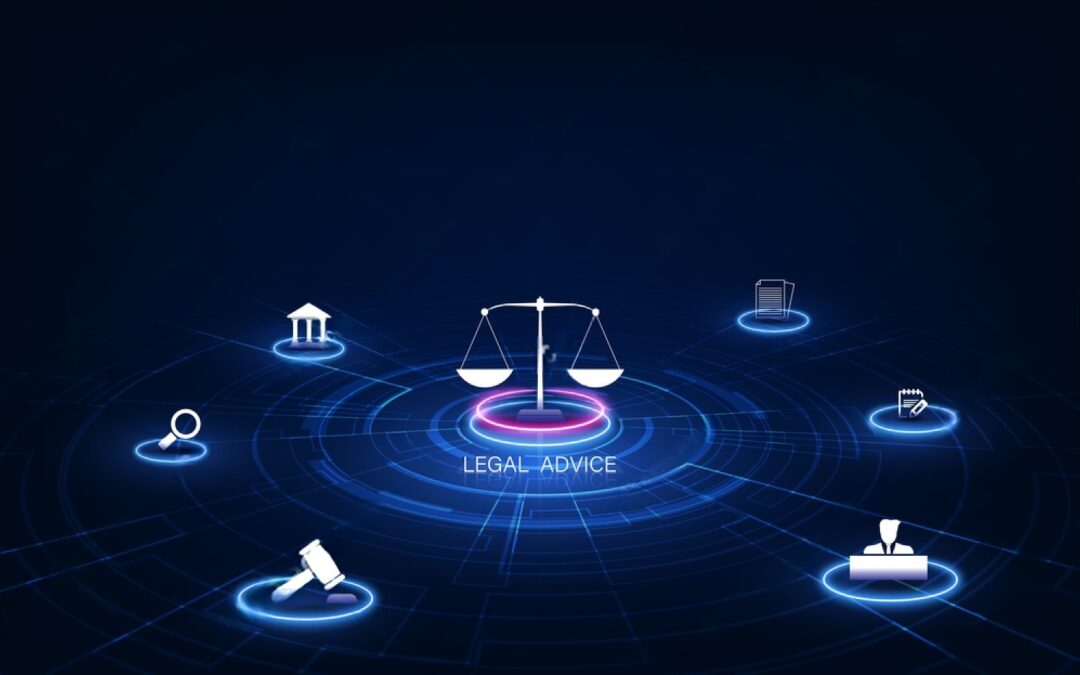Emails constitute admissible evidence if they can be traced to the sender’s sent items and if the email itself states that it can be relied upon as evidence.
Additionally, this ruling reiterates previous Court of Cassation decisions and emphasizes the need for caution in drafting email correspondence. Parties should be mindful that the mere content of an email may effectively constitute evidence of a binding agreement.
Even though the parties may not have signed a contract with pen and paper, courts still consider the email exhibit as sealing the deal for their mutual agreement. This aligns with the principles established under the provisions of the Dubai Cyber Crime Laws, which provide legal validation of electronic communications in case of disputes.
According to the Court of Cassation:
The Court of Cassation then refused the Claimant’s first argument, which it assessed as lacking merit. It was reasonable for the Court of First Instance to rely on the conclusions set out in the expert report, since it had found that the appointed court expert had collated all relevant evidence.
Additionally, in determining the relationship between the parties, the Court took liberty and did not confine itself to the strict language of the agreement. Instead, it looked into the parties’ true intentions, as per Article 265(2) of the UAE Civil Code. In doing so the Court acknowledged that the Claimant had previously provided the Respondent with third party invoices of the work carried out as well as evidence of payments being made to the third parties.
The Court thus concluded that the sharing of such information had now become common practice for the Claimant; the Respondent was entitled to this sort of documentation in the current dispute.
This case highlights the increasing importance of digital evidence and transparency, particularly in the realm of cyber crime UAE rules and the wider umbrella of cyber security UAE, which stress the need for the integrity and traceability of electronic records used in business and legal dealings.
As for the Claimant’s second argument, the Court confirmed that email evidence is admissible in case law based on the Court of Cassation precedent. This has been formalized through Chapter III of the UAE Federal Law No. 1 of 2006 (on Electronic Transactions and E-Commerce), Article 3 of which provides that email communications are valid evidence that parties may rely on.
Likewise, according to Articles 2 and 4 of the same law, electronic records, documents and signatures pertaining to electronic transactions and commerce have probative force provided that the pertinent information can still be accessed in the electronic system of the sender and the email in question relates to the manner of inspection.
In addition, the law’s Article 10 provides that courts may accept emails and electronic signatures as proof even if not in to their original form, as long as the email or signature is the best evidence reasonably available to the party presenting it.
Moreover, compliance with the spirit of the cyber security in UAE, also supports the law on the electronic form of documents in Dubai cyber crime laws since it continues to promote the masses to use the electronic form of documents, even though their status is important.
Key Facts of the Case Under Dubai Cyber Crime Laws
On 20 November 2006, the Claimant, a provider of marketing and public relations services, and the Respondent, a real estate developer, agreed to a contract. Pursuant to that agreement, the Claimant agreed to render PR and marketing services in relation to a real estate project owned by the Respondent.
As part of its obligations, the Claimant subcontracted various services to third parties and incorporated these costs in its invoices to the Respondent.
The Claimant had accrued dues totaling around AED 1.3 million, and the Respondent only paid AED 803,476.47 of this. Subsequently, the Claimant brought an action before the Dubai Court of First Instance to seek payment of the balance outstanding.
Key Developments in the Case:
- The Court hired an expert to evaluate those claims.
- The expert found that the Claimant had failed to support the Respondent with adequate documentation for third-party invoices.
- Furthermore, Respondent had not consented to incurring those third-party expenses.
- Accordingly, the Court of First Instance dismissed the case.
The Claimant then:
- County faced an appeal but the initial determination was upheld by the Court of Appeal.
- elevated the case to the Court of Cassation, doing two things:
- The Respondent was not required to approve third-party invoices.
- However, the Court was wrong to rely on the expert’s report that did not consider important evidence, particularly an email dated 31 March 2007 from the Respondent acknowledging the debt. The Claimant could only produce photocopies, not the originals, leading the Court to disregard this evidence.
Conclusin
This order highlights the recognition of email and electronic records as evidence before UAE courts, more so under the ambit of Dubai Cyber Crime Laws and cyber security in UAE in general. However, emails can establish binding agreements if referenced properly and can be traced, even though they do not have wet signatures.
The Court cemented the importance of clearly documented and authorized third-party expenditures and confirmed that digital communications, even in non-original format, hold legal clout. If you are dealing with such issues, you can always head over to the Best Lawyers in Dubai such as Khairallah Law Firm which will prove crucial in ensuring that you have a proper legal process when it comes to matters of digital evidence or cyber law.
Having said that, Contact Khairallah Advocates & Legal Consultants and benefit from our free 30-min legal consultation.
*Disclaimer: our blogs, law updates and FAQ’s are freely distributed for educational purposes and to showcase recent updates and regulations in the UAE’s framework.
If you have any questions and need assistance, contact us at our number or book an appointment online.




